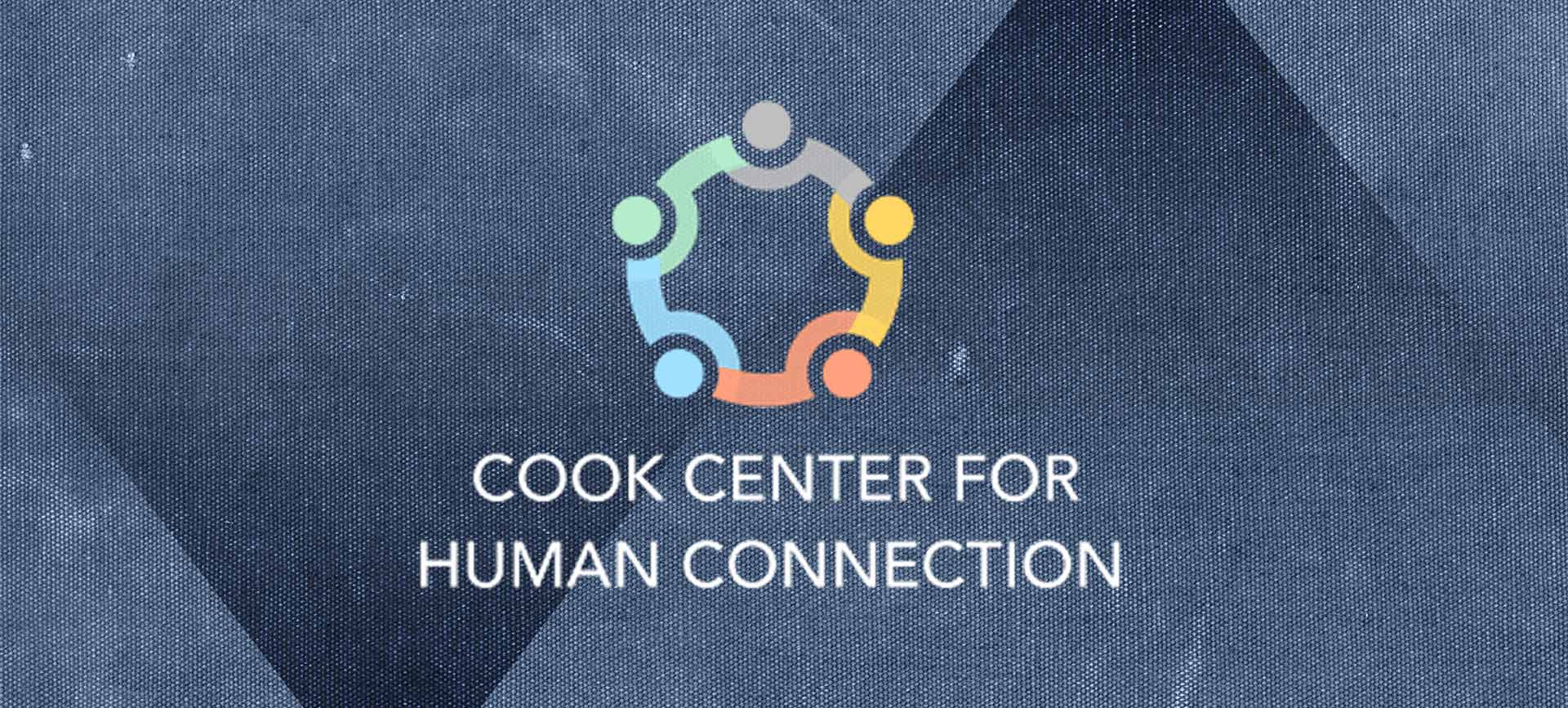Brown: The Cook Center for Human Connection is a nonprofit whose mission is to eradicate suicide and address youth mental health openly.
About 80 percent of students and parents rely on mental health resources through their school and/or district. Regardless of area, rural or urban, access to mental health professionals can be an obstacle for a multitude of reasons.
That is why the nonprofit created ParentGuidance.org, where parents can go online and find answers from medical professionals, or be connected to someone fitting their needs locally. ParentGuidance.org is also in school districts where parent and teacher nights openly discuss the various challenges they're facing, like bullying and social media, with licensed medical professionals.










